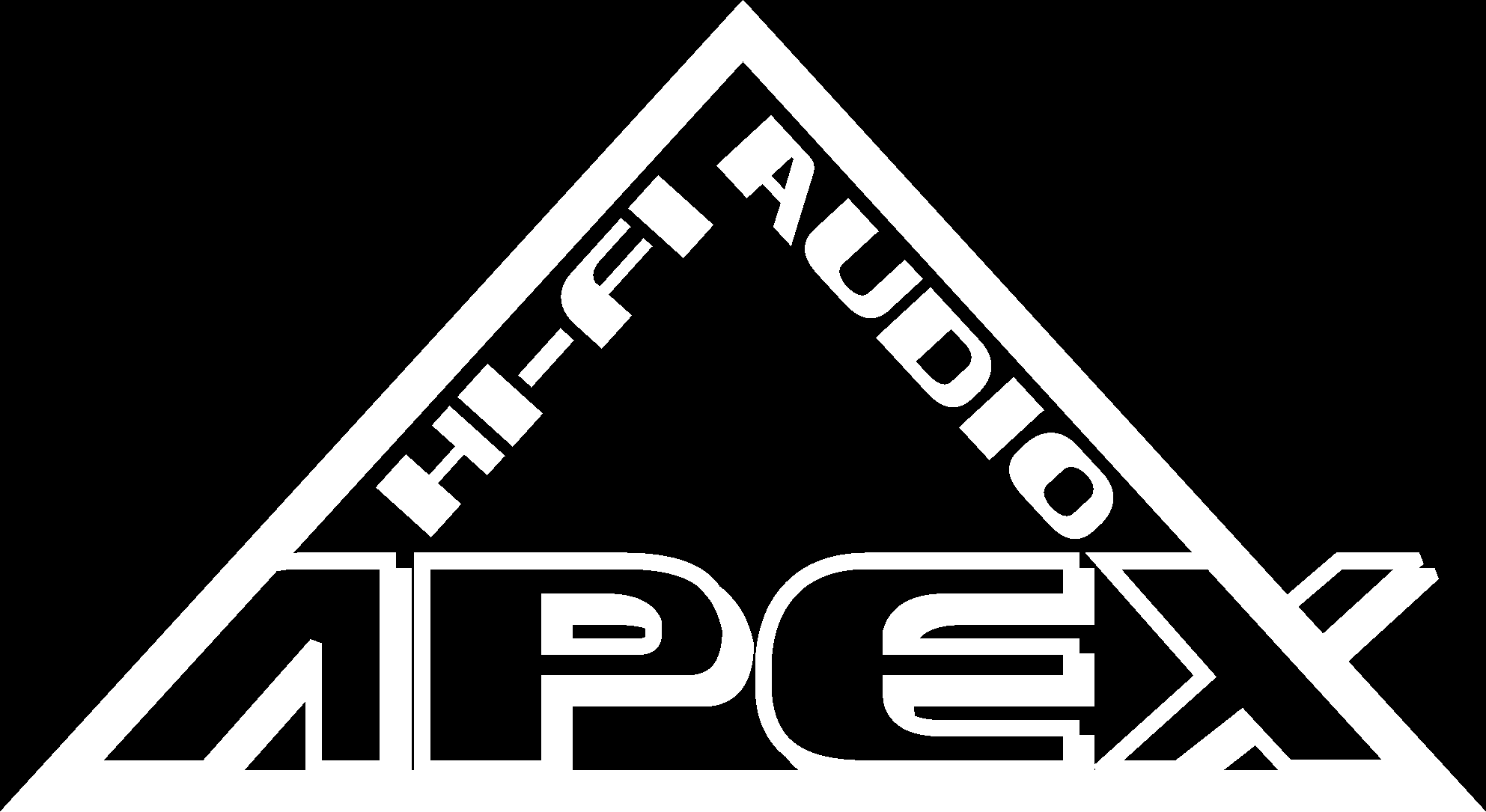

A bit about Apex Hi-Fi
Apex Hi-Fi was born from a collaboration of Todd Green of TTVJ, and engineer Pete Millett, to design, build, and sell high-quality no-nonsense audio equipment.
All Apex products are designed by Pete and assembled in the USA from materials from all over the world. The Pinnacle is hand-built to order by the designer. Apex products are sold exclusively by TTVJ.
Pete's design philosophy
General: I am an engineer by training and profession, not a shaman or a snake oil salesman. I grew up in rural Oregon, went to school at U of O and at Cornell. I don't believe in magic rocks that make your speakers sound better. I know I can hear things I can't measure, but I also know that I can tell a lot about a piece of audio equipment by measuring it. I would never "voice" wire, or solder, or even resistors. I believe that (with the exception of electromechanical parts and tubes) "break-in" is mostly a psychoacoustic phenomena. And I believe that a great design using average parts will ALWAYS sound better than a crap design using the best parts.
Circuit design: I'm open to any design topology that works well and sounds good, but won't choose a circuit just because somebody says it sounds good. Audio systems are the sum of their parts, so the whole design needs to work together. Occasionally, two "wrongs" DO make a "right" in audio circuits. I don't have any secrets nor do I pretend that I hold any secret magic knowledge passed down from the Gods or from Western Electric. I think the best sounding circuits start with the most linear devices possible and use minimal application of feedback.
Implementation: I like printed circuit boards (PCBs). A well-designed PCB can provide signal integrity that is hard to achieve with point-to-point wiring, and a PCB is 100% repeatable. I'll take a good PCB design over any point-to-point monstrosity hand-wired by elves using 99.999% pure silver wire any day. I don't believe in using overpriced designer parts that are currently in fashion just because they are in fashion. I spend the most money on parts where you really can hear a difference, like transformers, not in gold-plated case parts. I really do not care which direction the resistors are inserted into a PCB.
Background: I've been a working electronics engineer since 1980. I got an amateur radio license when I was 8. I've designed many hundreds of PC boards in my life, starting when I was 10. I worked as a broadcast engineer during high school and college. I've designed electronics for particle detectors, telecom switching equipment, answering machines, telephones, a computer trackball, a MIDI interface, an Audio CD mastering system, ham radio transmitters, wafer fab equipment, headphone amplifiers, phono preamps, microphone preamps, active crossovers, audio power amplifiers, a handheld computer, all kinds of embedded PCs, switching and linear power supplies, VME bus cards, optical tape drive electronics, spatial light modulator electronics, liquid-crystal-on-silicon video electronics, Macintosh CPU cards, USB disk drives, firewire video interfaces, cardbus cards, digital still cameras, and a few dozen other things. These days my "day job" is managing systems engineering and doing product definition for a large semiconductor company. And in my spare time I design hi-fi equipment under the Apex name and drink Belgian beer.